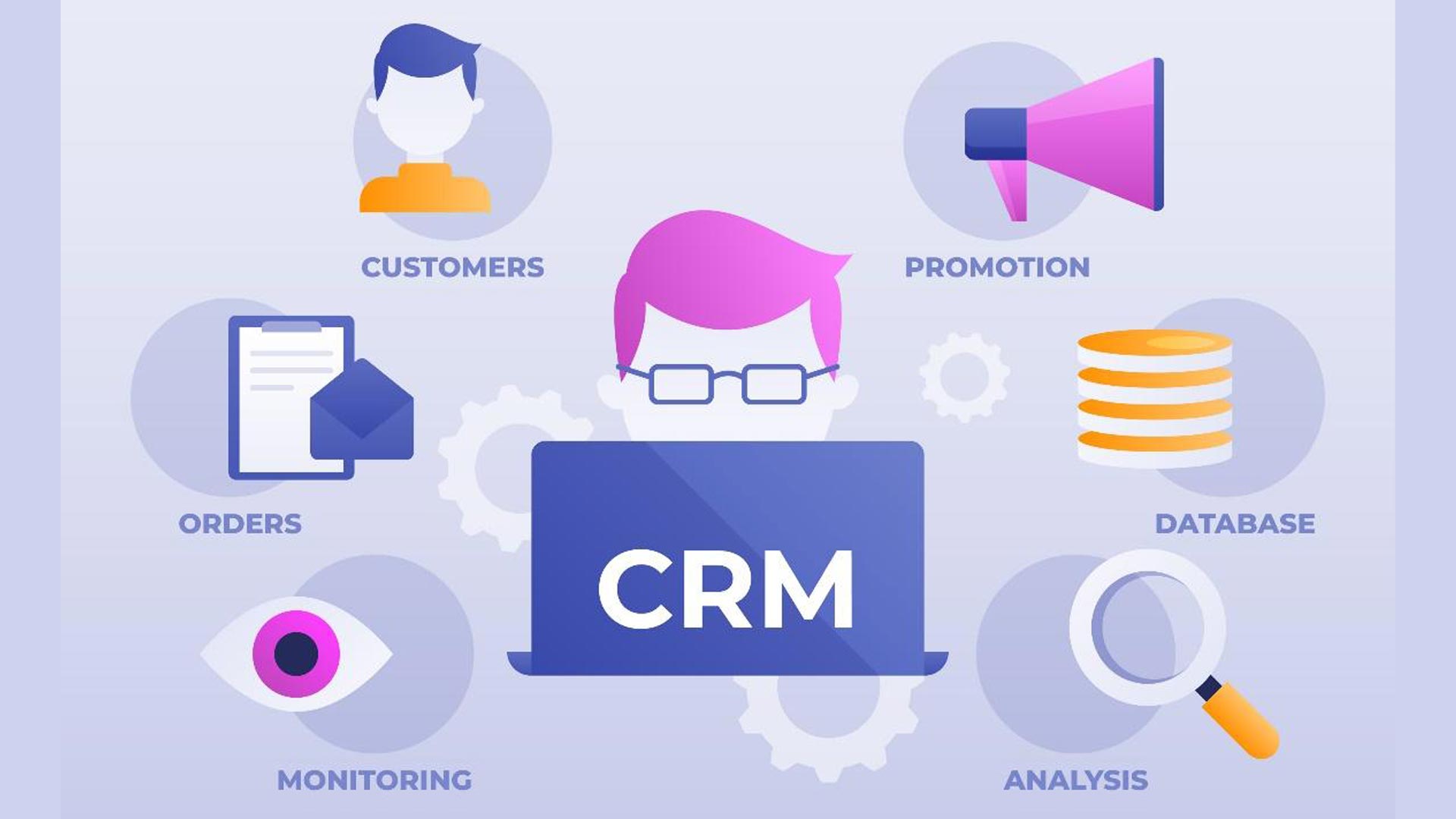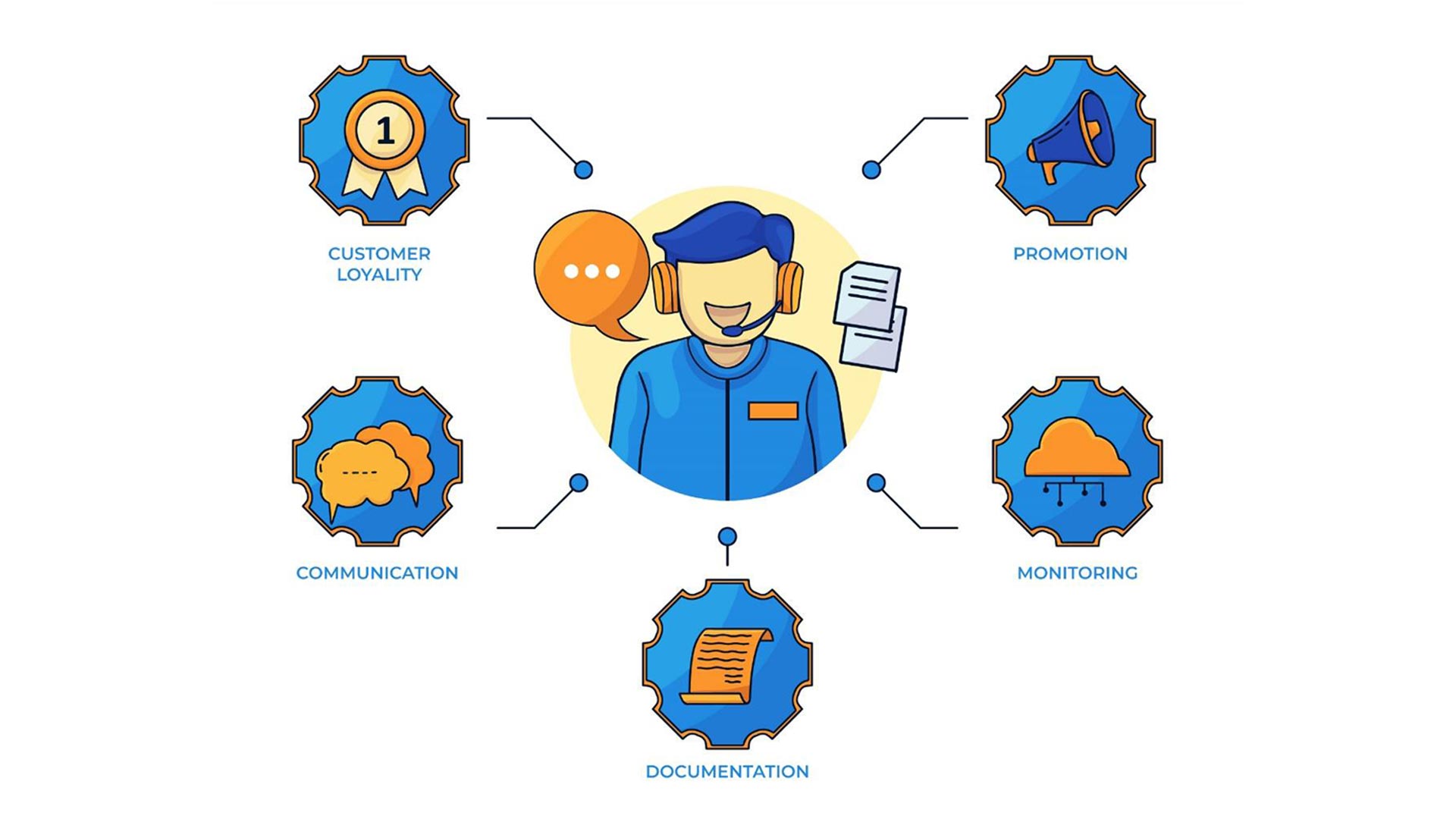In today’s hyper-competitive business world, growth isn’t restricted to acquiring new customers; it's also about optimizing operations, nurturing relationships, and utilizing data to make informed decisions. For scaling businesses, a strong CRM is no longer a mere luxury but a critical necessity. It essentially plays a role in the nervous system that connects marketing, sales, and customer service, offering a unified, customer-centric approach.
However, with plenty of CRM solutions available, identifying the essential features can be overwhelming. As you expand your business, some functionalities become non-negotiable. Let’s dive into these 7 must-have CRM features that your scaling business must have:

Key Contents:
- Centralized Contact and Account Management: The 360-Degree View
- Strong Lead Management and Sales Pipeline Visualization: Fueling Growth
- Sales Automation and Workflow Enhancements: Maximizing Efficiency
- Advanced Reporting and Analytics: Data-Driven Decisions
- Seamless Integrations with Other Business Tools: A Connected Ecosystem
- Mobile Accessibility: Business on the Go
- Customization and Scalability: Evolving with Your Business
1. Centralized Contact and Account Management: The 360-Degree View
The primary function of a CRM is to merge all customer and prospect data into a single, unified, and accessible hub. For scaling a business, this indicates moving beyond scattered spreadsheets and disconnected systems. With the help of centralized contact and account management features, you get a 360-degree view of every customer interaction from initial lead source to purchase records, support tickets, and more.
This comprehensive view:
- Empowers team members,
- Eliminates information silos,
- Reduces duplicate efforts, and
- Ensure consistent messaging across all touchpoints.
2. Strong Lead Management and Sales Pipeline Visualization: Fueling Growth
Scaling businesses are primarily focused on generating and converting leads. Another non-negotiable feature of lead management is encompassing lead capture, scoring, nurturing, and automating assignment to ensure that no potential opportunity falls away.
Along with managing leads, the ability to visualize the sales pipeline is essential. A clear, visual representation of each deal in the sales funnel enables the sales team to prioritize efforts, predict revenue, and detect bottlenecks accurately. This helps:
- Managers can easily track individual and team performance.
- Optimize sales strategies,
- Ensure a steady flow of conversions, and
- Enhancing efficiency by allowing teams to focus on high-value interactions.
3. Sales Automation and Workflow Enhancements: Maximizing Efficiency
Growth usually brings more repetitive administrative tasks, which can be a task for your teams. Sales automation and workflow enhancements are one of the crucial CRM features for scaling businesses. This involves automating tasks like reminder settings, follow-up emails, data entry, and lead assignment.
By automating these mundane tasks, your sales and marketing teams get time away from manual burdens, and they are able to focus on strategic initiatives, closing deals, and building relationships. Workflow automation also helps in:
- Standardizing processes,
- Ensuring consistency,
- Reducing errors as the team expands, and
- Improving customer experience.

4. Advanced Reporting and Analytics: Data-Driven Decisions
As your business scales, the volume of data grows to multiple levels. Companies end up losing valuable insights if they are not able to analyze the data effectively. Advanced reporting and strong analytics with customizable dashboards, real-time insights, and predictive analytics can rescue you in this regard.
These features allow you:
- To monitor KPIs like lead conversion rates, customer churn, and marketing campaign effectiveness.
- Predictive analytics helps in forecasting sales trends, detecting potential churn risks, and highlighting upsell or cross-sell opportunities.
This data-driven approach empowers leadership to make informed decisions, refine strategies, allocate resources effectively, and proactively address challenges before they escalate.
5. Seamless Integrations with Other Business Tools: A Connected Ecosystem
A CRM doesn’t operate in isolation. For scaling a business, the ability to easily integrate with other critical business tools is important. This includes accounting software, marketing automation platforms, project management tools, etc.
These integrations create a unified ecosystem, ensuring data consistency across departments and eliminating the need for manual data transfer. For instance:
- Integrating CRM with a marketing automation platform enables tailored email campaigns.
- Accounting software integration can assist in streamlining invoicing and financial reporting.
All this leads to better operational efficiency and customer satisfaction.
Have a look at how we simplified task management system by developing Quietlux CRM.Quietlux
6. Mobile Accessibility: Business on the Go
In today's dynamic business environment, sales and service teams are often on the move. Mobile accessibility for your CRM is no longer a convenience but a necessity for scaling businesses. A well-designed mobile CRM application allows your team to:
- Access critical customer data,
- Update records,
- Manage leads, and
- Communicate with customers from anywhere, at any time.
This ensures that your team remains productive and responsive, whether they're in the office, on a sales call, or at a client site. This also improves data accuracy and results in quick decision-making.

7. Customization and Scalability: Evolving with Your Business
Last but not least, the CRM for a scaling business has to be customizable and scalable. The business processes evolve as you grow, and the CRM needs to adapt without any hassle.
Customization options, such as custom fields, modules, and workflows, allow you to tailor the CRM to your unique operational requirements and industry-specific needs. Essentially, your CRM must be able to:
- Scale easily as per the growing customer base and data volume, and
- Ensure consistent performance and functionality.
Choosing a CRM with a clear roadmap for future features and integrations further future-proofs your investment.
Therefore, for businesses aiming for growth, a CRM investment with these 7 critical features is primarily about embracing a strategic approach towards customer relationship management. A well-implemented CRM appears as a strong catalyst, streamlining operations and nurturing stronger and more profitable customer relationships. By prioritizing these essential functionalities, scaling businesses can lay a solid foundation for sustainable growth, drive efficiency, and ensure they remain customer-centric in a constantly evolving market.
.png)








